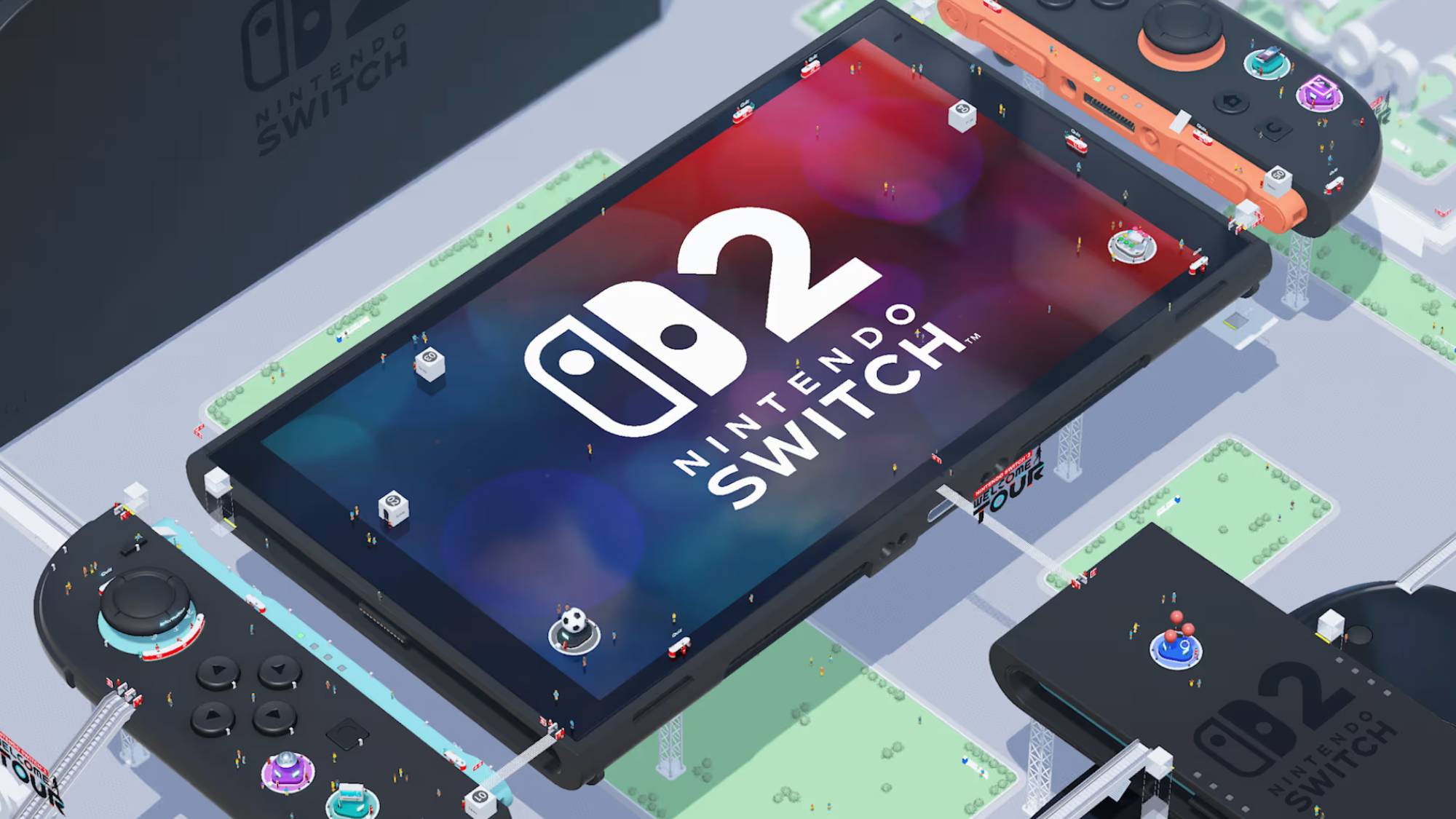Windows 12: All the rumors so far
Here's what we've heard about about the unannounced Windows operating system
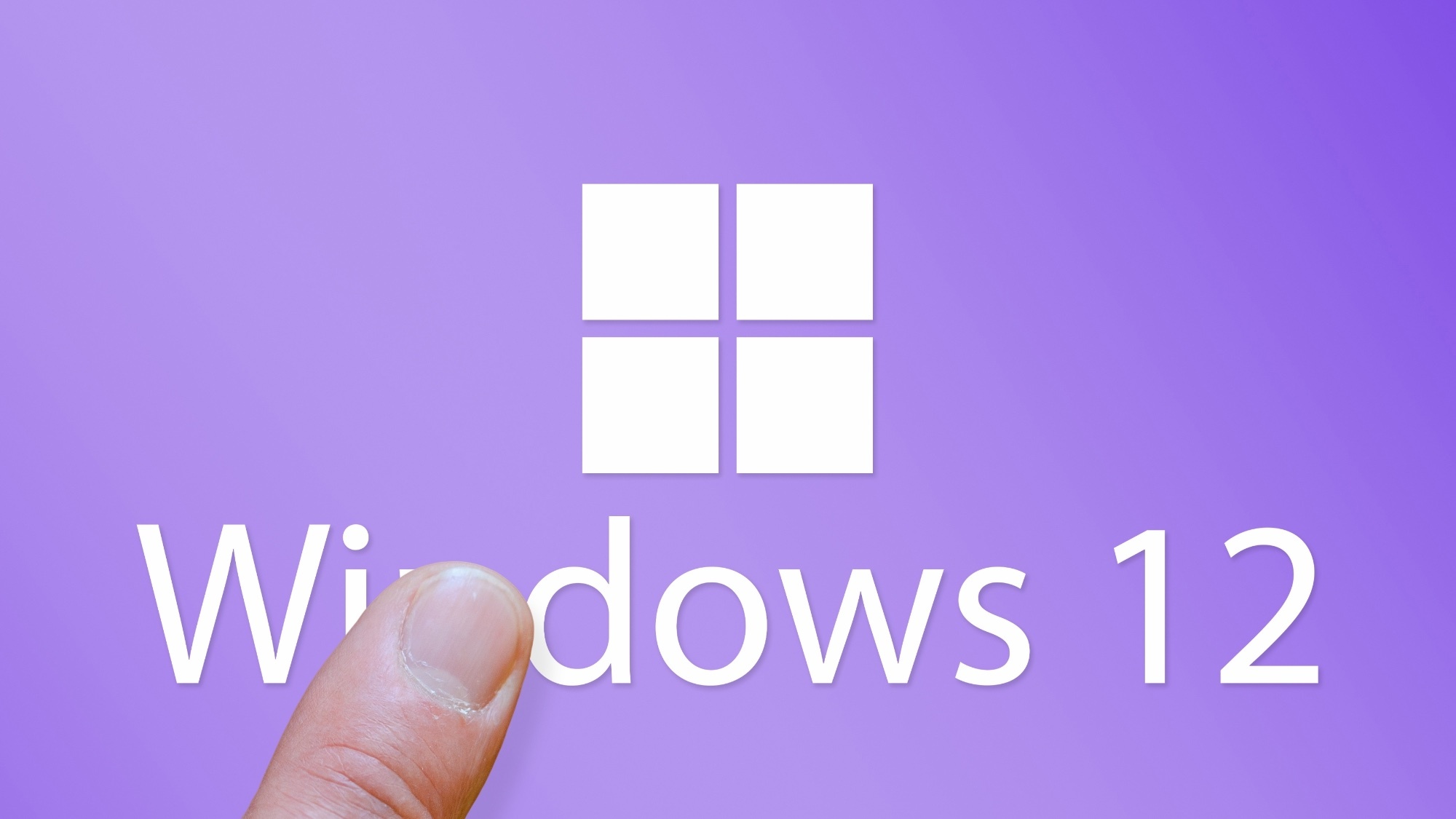
Here at Tom’s Guide our expert editors are committed to bringing you the best news, reviews and guides to help you stay informed and ahead of the curve!
You are now subscribed
Your newsletter sign-up was successful
Want to add more newsletters?

Daily (Mon-Sun)
Tom's Guide Daily
Sign up to get the latest updates on all of your favorite content! From cutting-edge tech news and the hottest streaming buzz to unbeatable deals on the best products and in-depth reviews, we’ve got you covered.

Weekly on Thursday
Tom's AI Guide
Be AI savvy with your weekly newsletter summing up all the biggest AI news you need to know. Plus, analysis from our AI editor and tips on how to use the latest AI tools!

Weekly on Friday
Tom's iGuide
Unlock the vast world of Apple news straight to your inbox. With coverage on everything from exciting product launches to essential software updates, this is your go-to source for the latest updates on all the best Apple content.

Weekly on Monday
Tom's Streaming Guide
Our weekly newsletter is expertly crafted to immerse you in the world of streaming. Stay updated on the latest releases and our top recommendations across your favorite streaming platforms.
Join the club
Get full access to premium articles, exclusive features and a growing list of member rewards.
Windows 11 is a little over two years old but rumors suggest Microsoft could be working on its successor: Windows 12. Previous reports claimed Microsoft would launch its next operating system in 2024, but it now seems we'll instead receive a significant update for Windows 11. Said update will supposedly contain features once expected on Windows 12.
Given the aforementioned rumor, it's unclear when Windows 12 might launch or what features it might contain. Reports now suggest a 2025 launch date. Windows 12 reports said the operating system will heavily focus on AI, but said updates could instead come to Windows 11 via the "24H2" or "Hudson Valley" update this September.
Keeping in mind that nothing we've heard is official, here’s what we've heard about Windows 12 so far.
Windows 12 rumored release window
Microsoft hasn't officially announced Windows 12 but rumors and leaks suggest that the Redmond-based tech giant will inevitably launch this update to Windows 11. Though nothing has been confirmed, what we've heard has us intrigued.
In a previous report from from Commercial Times (via sibling publications Tom’s Hardware and TechRadar), the topic of Windows 12 came up during 2023's Taiwan Medical Technology Exhibition in Taipei. At the time, the Taiwanese publication claimed Quanta Computer Chairman Barry Lam reportedly said Microsoft would launch the follow-up to Windows 11 “next summer,” which would have been the summer that just passed.
Obviously, the year is nearly over with no official word of Windows 12 in sight. Instead of Windows 12, we got Windows 11 update 24H2, which introduced a host of new features. Right now, this seems to be the only major update for Windows we'll see for some time.
Keeping in mind that Windows 12 hasn't officially been announced, here are all the rumors and alledged leaks we've heard about Microsoft's rumored operating system.
Get instant access to breaking news, the hottest reviews, great deals and helpful tips.
Windows 12 rumored features and upgrades
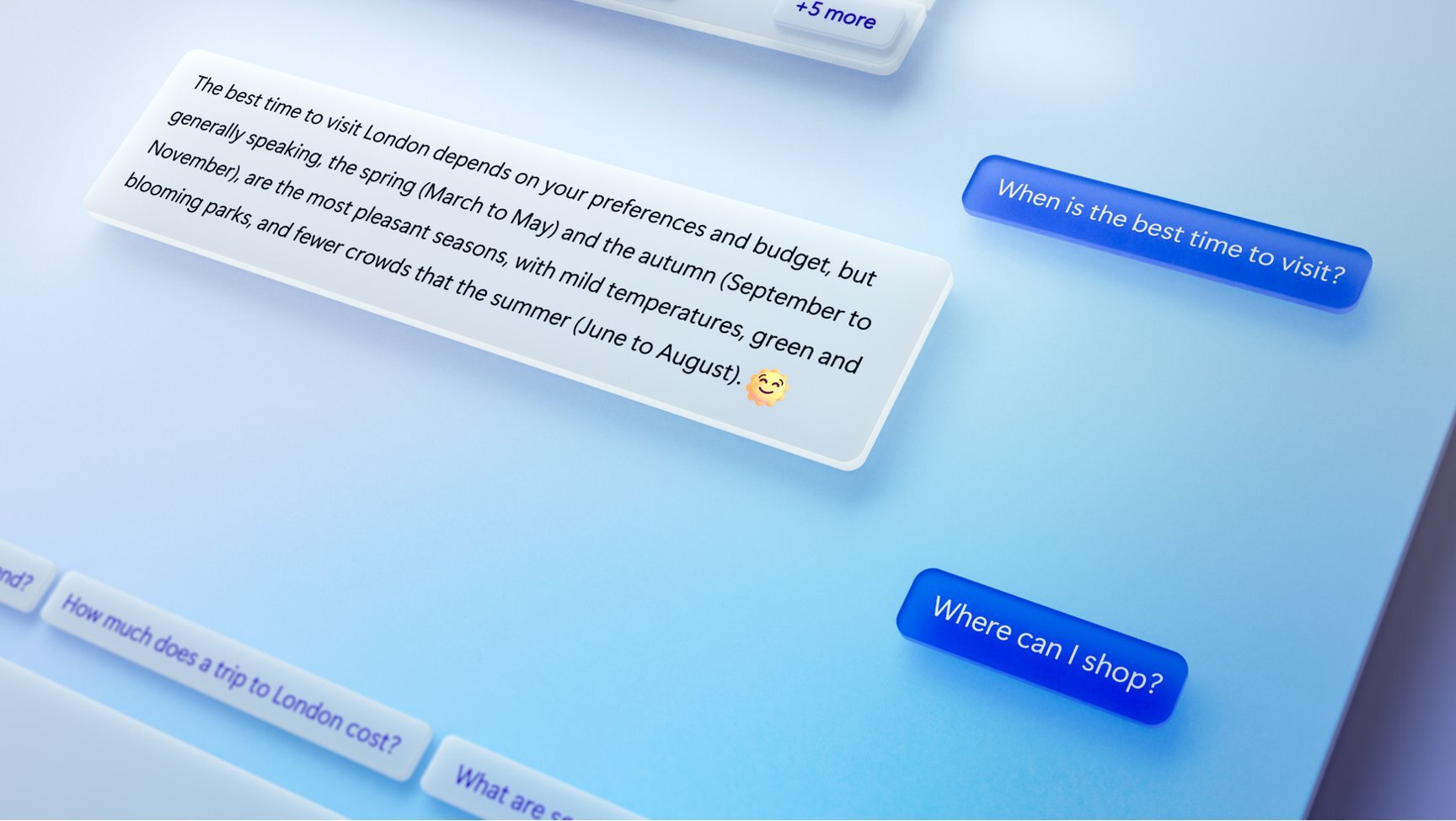
Some of the AI features expected in Windows 12 have appeared in Windows 11 24H2. Because of that, we expect Windows 12 will iterate on or improve these machine-learning features. Copilot+ could see an improvement, for instance. But we can't say for certain at this time.
A previously alleged leak hinted Microsoft could rely a lot more on machine learning — basically, the tech that underpins a lot of so-called AI chatbots — to better provide context-sensitive information and assistance when carrying out everyday computing tasks in Windows 12.
But even if that's the case, we’d expect Windows 12 to double down on AI-related or adjacent tools and services. After all, Microsoft has invested heavily into OpenAI, the organization behind ChatGPT, so the company would likely want to capitalize on its AI tech investment.
Another report claimed that Microsoft had already begun testing “major changes” via new Canary Channels for Windows Insider builds that could find their way to Windows 12. What these changes might be wasn't made clear but it could hint that some big parts of Windows could change with its next-generation release.
Windows 12 what we’d like to see
Given Windows 11 still feels like a work in progress (though it has certainly improved over the years), it can be tricky to come up with a wishlist for a next-generation operating system when the current one is improving with each update.
But we’d like to see Windows 12 launch with all its core features enabled, something Windows 11 didn't manage. For example, access to Android apps was touted but then limited to the U.S. in the early days of the operating system’s life. Speaking of which, it would be good if there was a dedicated Android app to sync between the best Android phones and Windows. With Windows 11 you need to use the Your Phone app, which isn’t the newest or most intuitive given it had a more mobile-centric interface for a mostly mouse-driven UI.
We’d also like to see Windows 12 have a much less rocky launch than Windows 11, which had all manner of bugs when it was released. Sure these got patched, but it was hardly the best start for a new OS.
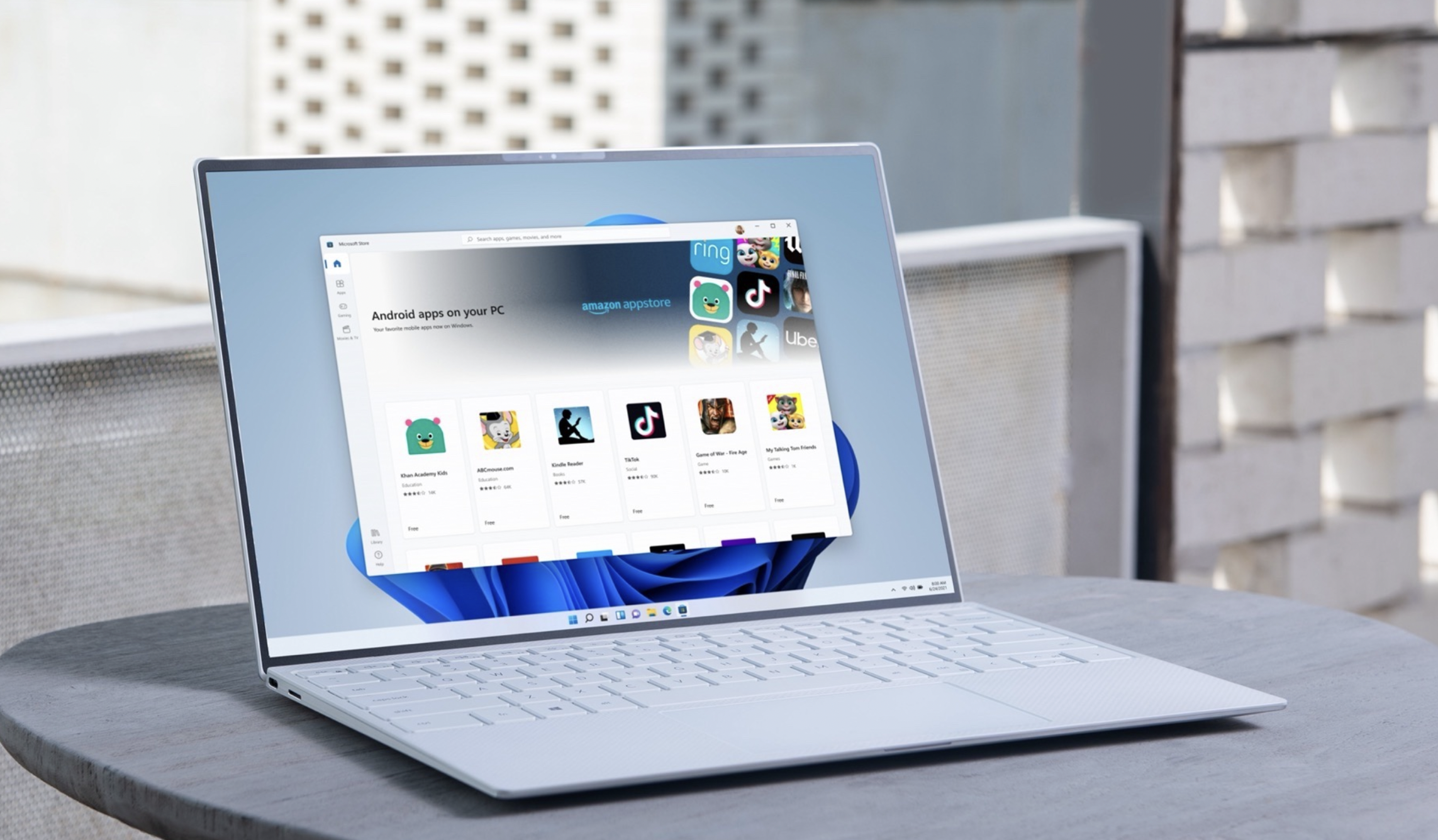
More customization out of the virtual box is something we’d like to see from Windows 12. Windows has always been seen as one of the most flexible and customizable operating systems. But Windows 11 felt, and arguably still feels, rather limited with what you can do. We would like a whole host of options to make Windows 12 feel like an operating system built around users rather than forcing users to adapt to what may at times seem like arbitrary changes.
We'd also like to see some more harmonious merging of Microsoft-owned apps, say mixing in Skype with a consumer version of Teams, rather than having two disparate services that feel like they can’t compete with Zoom or Google Meet.
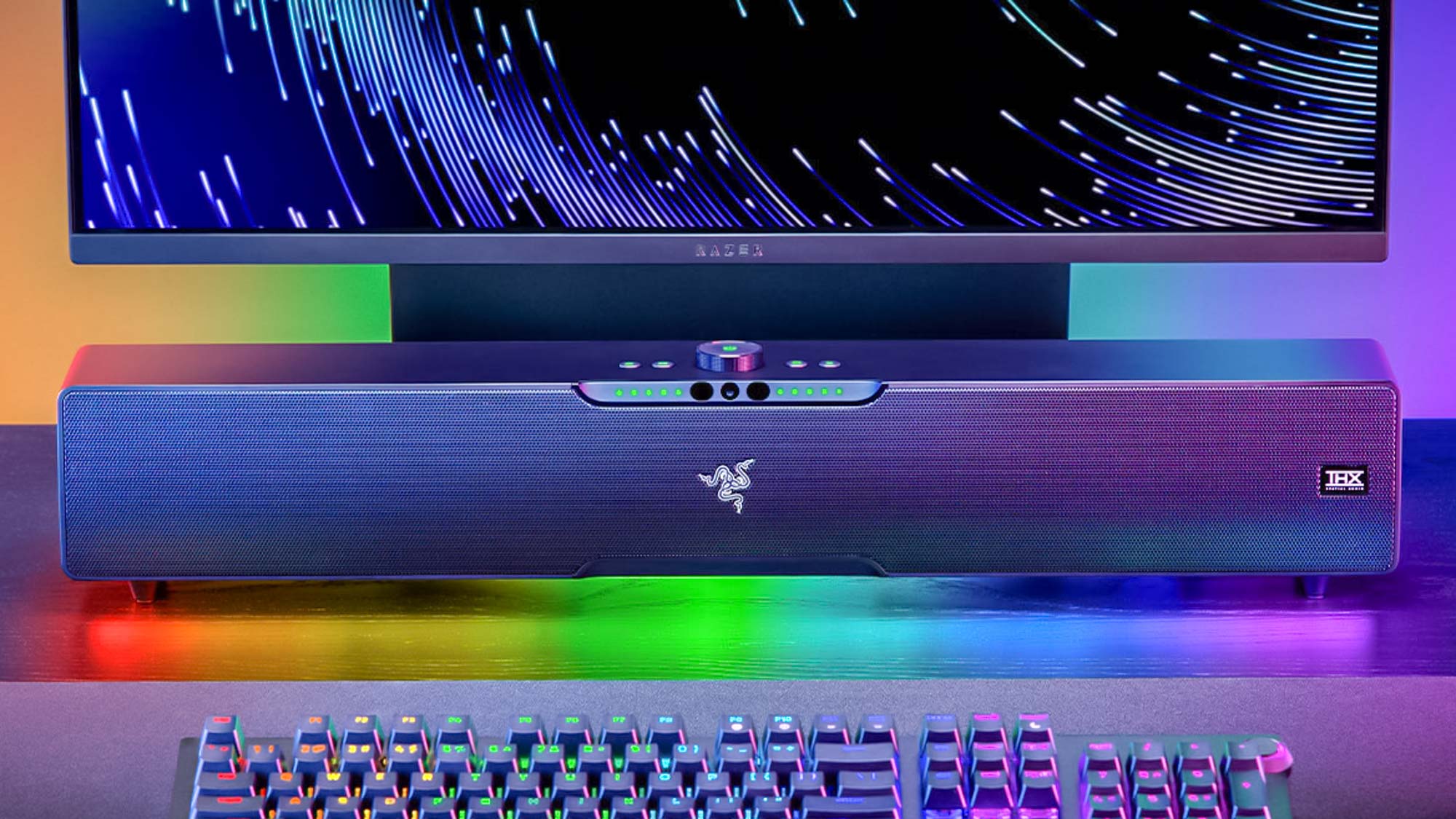
As Windows is the default gaming platform, it would be good if Windows 12 had more gaming-centric features built in.
While Windows 11 has the Xbox app, I’d like to see some form of native overclocking. Dynamic Lighting, which allows you to control and and sync the RGB lighting of components and peripherals, is one of our favorite Windows 11 features that we want to see return in Windows 12.
This could also be extended to game streaming so that there’s easy control over things like screen recording, audio balancing, and switching to any low-latency modes. Microsoft could work with the likes of Razer, Philips and Elgato to provide the tools and APIs to allow for integration in a single universal app or interface.
Windows 12: Outlook
Like we said up top, everything we've heard about Windows 12 is based on rumors and reported leaks. Because of that, it's best to treat everything discussed above with a healthy dose of skepticism as nothing is official.
Stay tuned for more Windows 12 reports as we hear them.
More from Tom's Guide
- Framework is making the world’s most exciting laptops right now — here’s why
- The best laptops in 2023 — tested and rated
- MacBook Pro 16-inch vs Samsung Galaxy Book 3 Ultra: Which big-screen laptop wins?

Roland Moore-Colyer a Managing Editor at Tom’s Guide with a focus on news, features and opinion articles. He often writes about gaming, phones, laptops and other bits of hardware; he’s also got an interest in cars. When not at his desk Roland can be found wandering around London, often with a look of curiosity on his face.
- Tony PolancoSenior Computing Writer
 Club Benefits
Club Benefits





